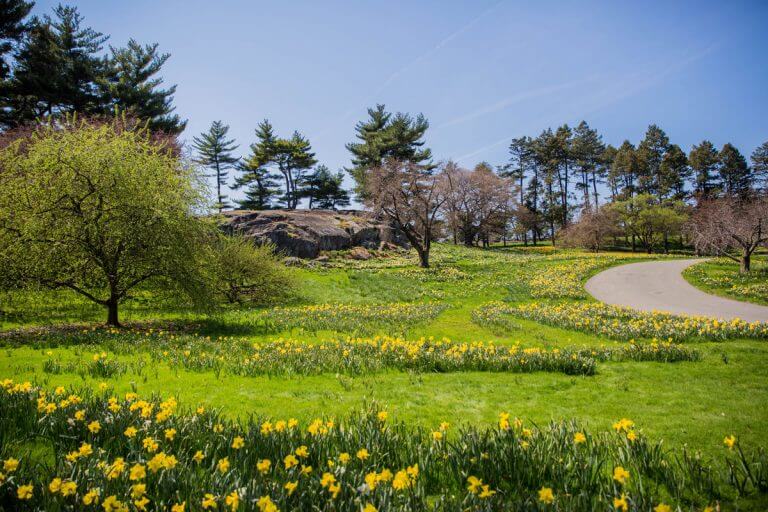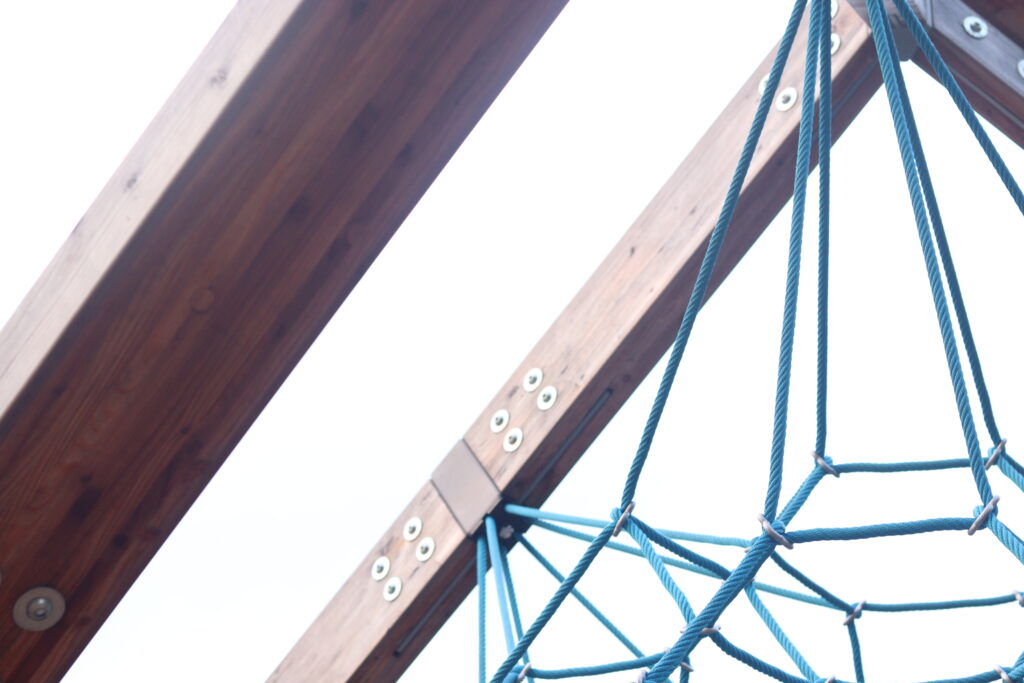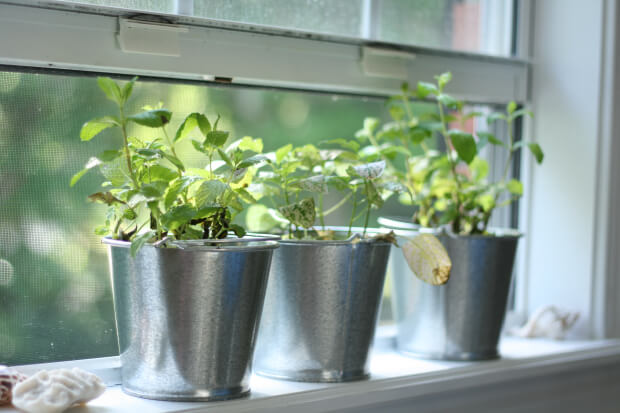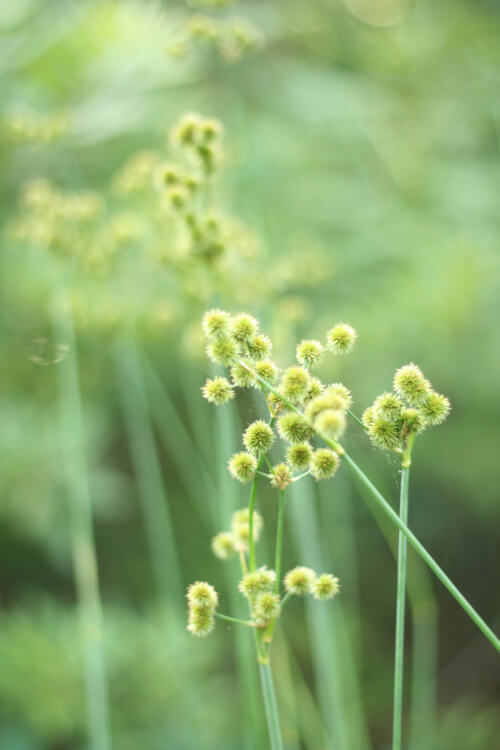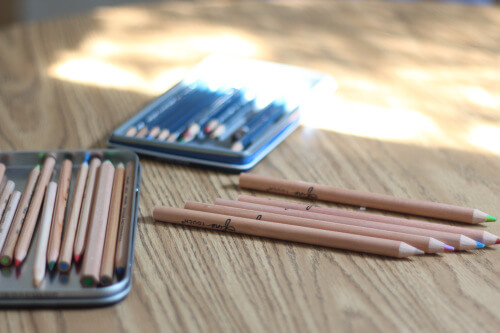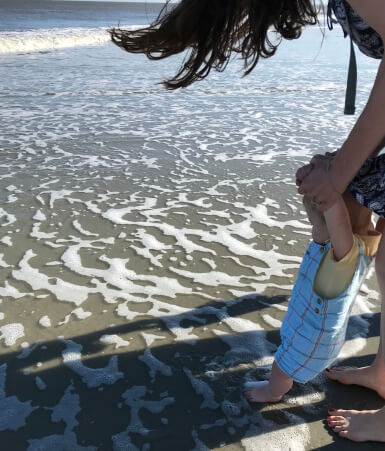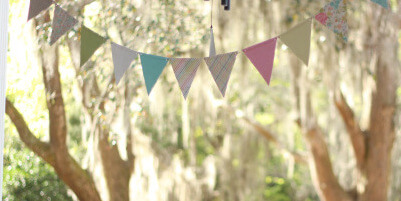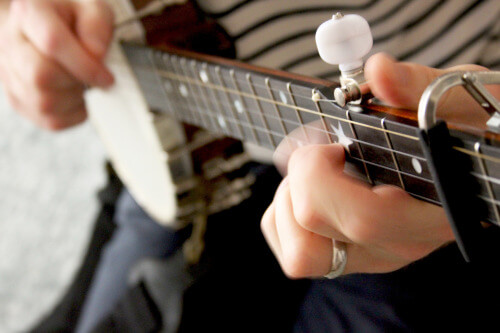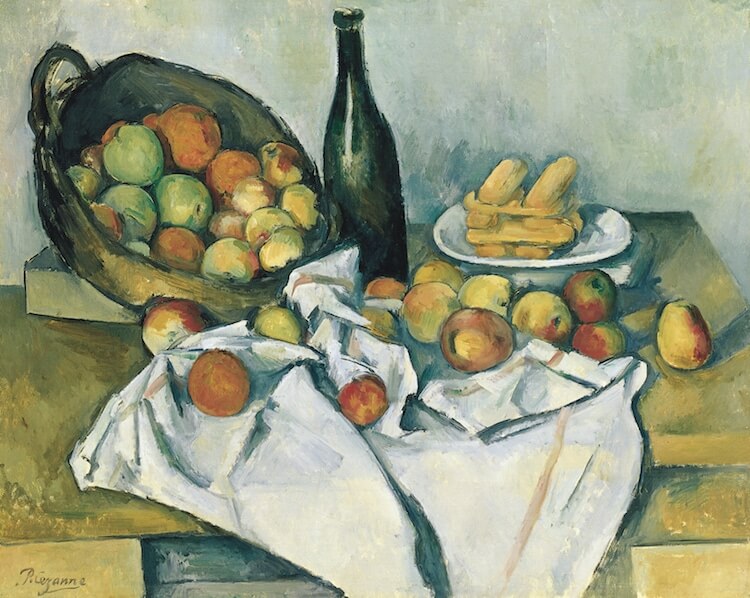Memory as Play
Over the last half-dozen years, classical educators’ recovery of a more holistic practice of memory has permeated my own understanding of learning, pedagogy, and virtue. I have come to believe that what a student has learned is revealed in what she remembers, rather than what work she has done or what experiences she has collected […]





